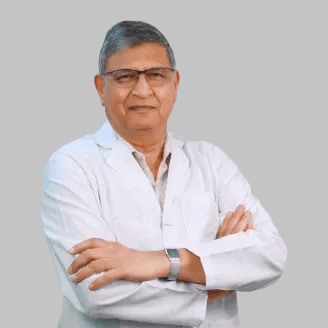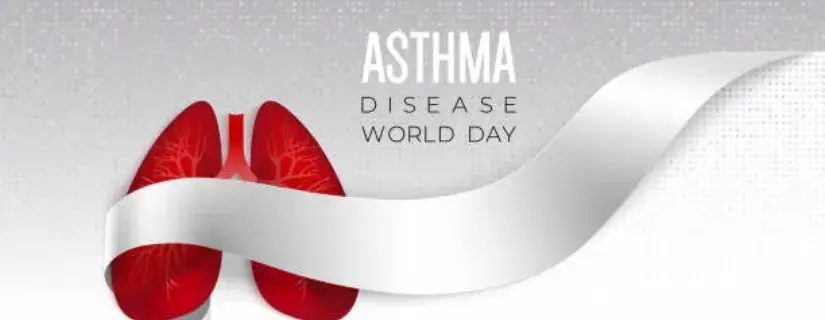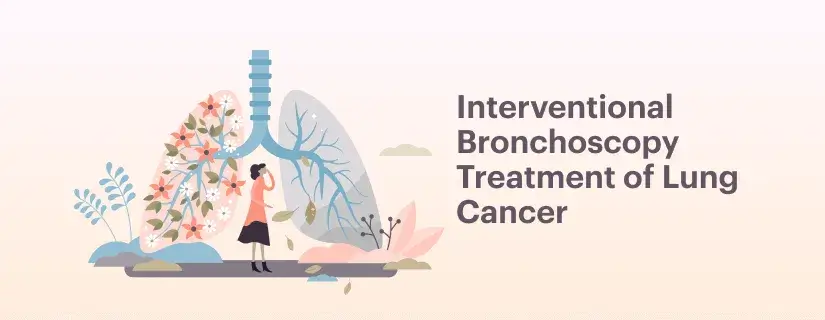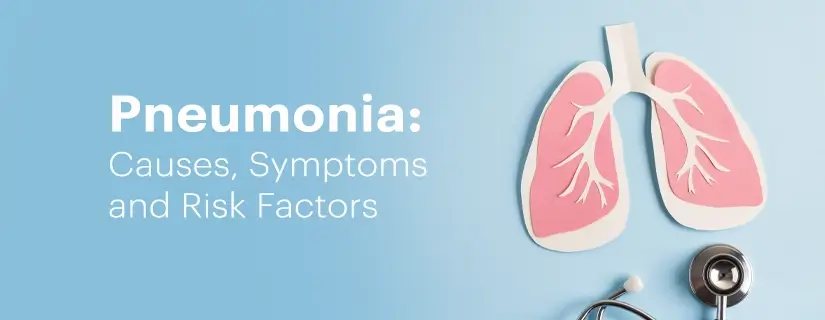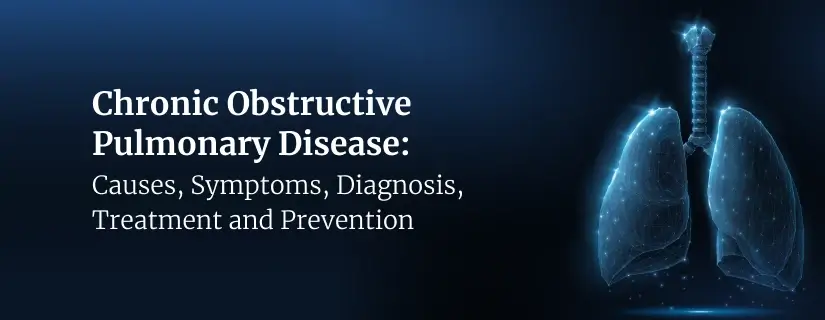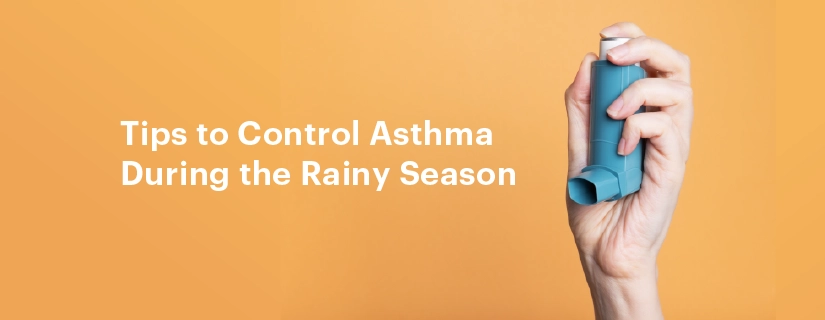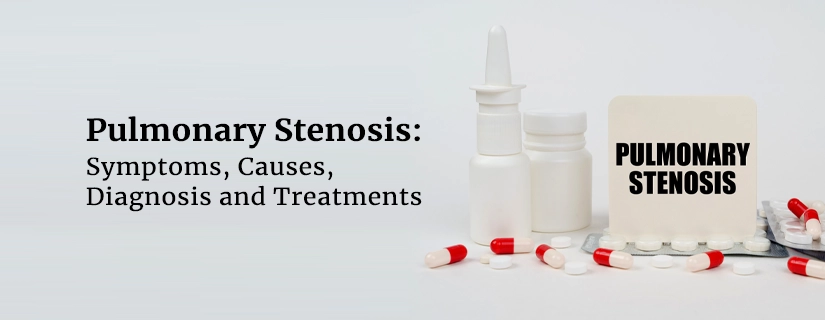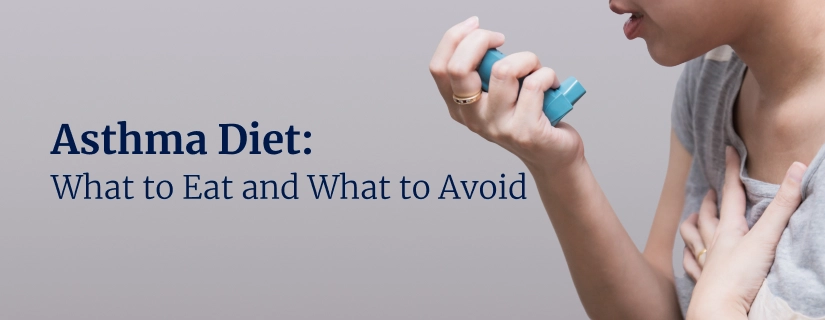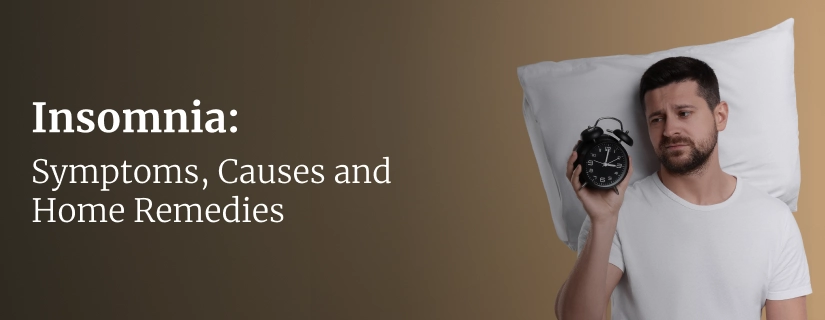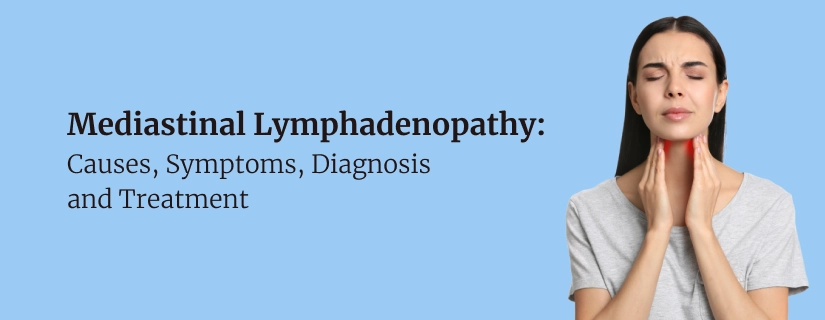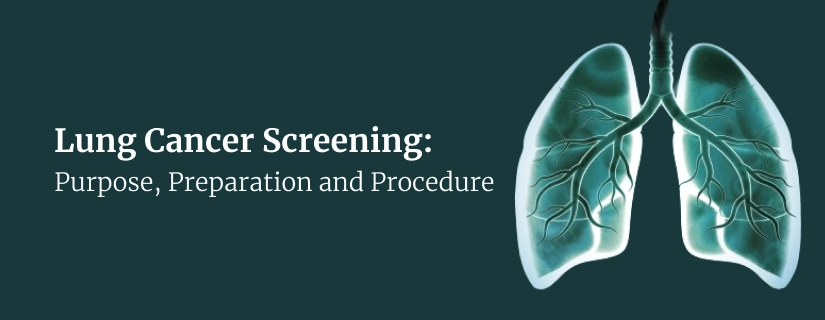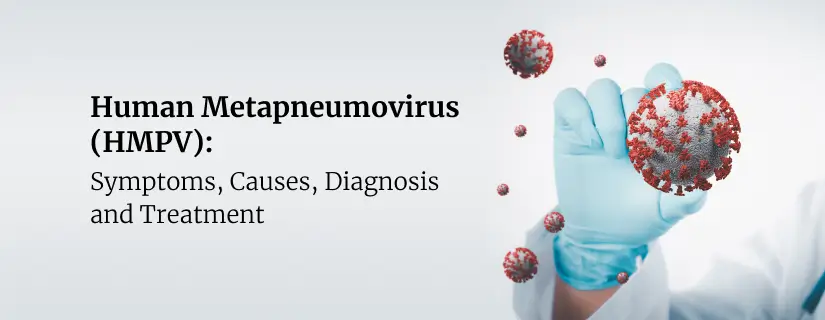-
Doctors
-
Specialities & Treatments
Centre of Excellence
Specialties
Treatments and Procedures
Hospitals & Directions HyderabadCARE Hospitals, Banjara Hills CARE Outpatient Centre, Banjara Hills CARE Hospitals, HITEC City CARE Hospitals, Nampally Gurunanak CARE Hospitals, Musheerabad CARE Hospitals Outpatient Centre, HITEC City CARE Hospitals, Malakpet
HyderabadCARE Hospitals, Banjara Hills CARE Outpatient Centre, Banjara Hills CARE Hospitals, HITEC City CARE Hospitals, Nampally Gurunanak CARE Hospitals, Musheerabad CARE Hospitals Outpatient Centre, HITEC City CARE Hospitals, Malakpet Raipur
Raipur
 Bhubaneswar
Bhubaneswar Visakhapatnam
Visakhapatnam
 Nagpur
Nagpur
 Indore
Indore
 Chh. Sambhajinagar
Chh. SambhajinagarClinics & Medical Centers
Book an AppointmentContact Us
Online Lab Reports
Book an Appointment
Consult Super-Specialist Doctors at CARE Hospitals
Tuberculosis: Symptoms And Causes
Updated on 12 July 2022
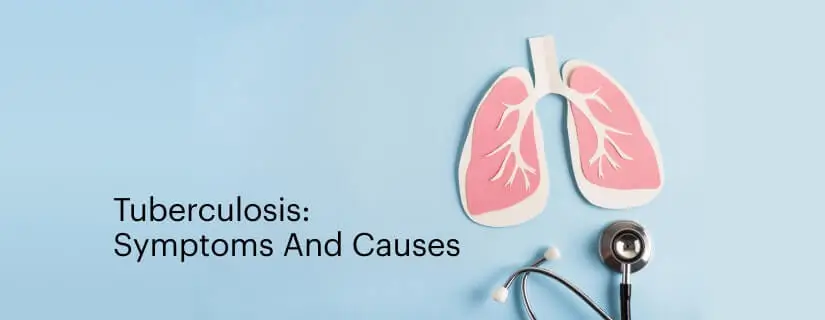
Tuberculosis commonly known as TB is a serious lung disease. It is a bacterial infection that spreads from an infectious person to a healthy person through infected droplets via sneezing and coughing.
The disease was once very rare but it began to increase starting in 1985 with the rise in HIV AIDS cases (this was a major cause because the infected person became immunocompromised which leads to decreased fighting ability of the body against TB-causing bacteria).
Most widely used drugs for TB have now seen resistance in the majority of TB strains thus, infected people may be given a combination of doses to prevent antibiotic resistance. An infected person is usually not contagious after 3 weeks of continuous medications.
How Common is Tuberculosis?
Tuberculosis remains a prevalent global health issue, affecting millions worldwide. It's more common in developing countries where there's limited access to healthcare and poor living conditions. However, it also exists in developed countries, although at lower rates.
Certainly! Here's a detailed breakdown of the diagnosis and treatment procedures for tuberculosis (TB).
Symptoms of Tuberculosis
Our bodies have the ability to shield the TB-causing bacteria. Our bodies have an immune system which can detect them and prevent us from catching the illness. Thus, doctors have classified TB into two depending on the symptoms of tuberculosis:
-
Latent Tuberculosis: In this case, the person is infected with TB but has no symptoms whatsoever. This variant is also known as TB infection or inactive TB. This is not contagious by nature but its treatment is important because it can convert into Active TB at any later stage.
-
Active Tuberculosis: This variant shows symptoms and can make you sick. This is also known as TB disease. This can spread to others through droplets in the air. It can occur after several weeks and even after several years after the person is infected with TB-causing bacteria!
Some of the symptoms and signs of TB include:
-
Loss of appetite
-
Night sweats
-
Extreme exhaustion
-
Chest pain
-
Pain with coughing and breathing
-
Persistent cough for 3 weeks or more
-
Chills
-
Fever
-
Unintentional or unwanted weight loss
-
Coughing up mucus or blood
Treatment for tuberculosis by a TB specialist doctor in Hyderabad is very important because it can affect other organs of the body like the brain, spine or kidney.
Causes of Tuberculosis
We often don’t realize that we release micro droplets into the air whenever we talk, cough or sneeze. These microdroplets become the carrier for TB-causing germs. When an infected person with active TB laughs, talks, sings, coughs or sneezes, he/she releases the TB-causing bacteria along with the microdroplets in the air.
Although TB is easy to spread but is difficult to catch; there can be a few factors which can allow the spread of TB easily like:
-
Compromised Immunity
-
Using IV drugs
-
Travelling to areas or living in areas with higher than usual tuberculosis rates
-
Consuming alcohol in large quantities
-
Living with an infected person
-
Working in areas that are poorly ventilated and highly crowded like psychiatric hospitals, prisons, nursing homes etc
Diagnosis
- Medical History and Physical Examination: Healthcare providers start by discussing your medical history, symptoms, and conducting a physical exam to check for signs of TB infection, such as swelling in the lymph nodes or abnormal breath sounds in the lungs.
- Tuberculin Skin Test (TST): This test involves injecting a small amount of purified protein derivative (PPD) tuberculin into the skin of your forearm. If you have TB infection, a raised bump (induration) occurs at the injection site within 48 to 72 hours.
- Blood Tests: Blood tests like interferon-gamma release assays (IGRAs) help detect TB infection.
- Chest X-ray or CT Scan: Imaging tests can reveal signs of TB infection in the lungs or other parts of the body.
- Sputum Test: A sample of sputum (mucus coughed up from the lungs) is collected and analyzed under a microscope or cultured to identify the TB bacteria.
- Other Tests: Depending on the symptoms and suspected location of infection, additional tests like biopsies, bronchoscopy, or other imaging studies may be recommended.
Treatment
- Medications: TB is treated with antibiotics. The most common drugs used are isoniazid, rifampin, ethambutol, and pyrazinamide. In most cases, a combination of these drugs is prescribed. The treatment can last from six months to a year or longer.
- Directly Observed Therapy (DOT): For better adherence to the treatment regimen, healthcare providers might employ DOT, where a healthcare worker or trained professional ensures you take the prescribed medications regularly.
- Follow-up Testing: During treatment, periodic tests are conducted to monitor progress and ensure the infection is responding to the medications. This might include sputum tests, chest X-rays, and other relevant assessments.
- Isolation and Infection Control: If the TB infection is highly contagious or involves multidrug-resistant strains, isolation might be necessary to prevent the spread of infection.
- Adherence to Treatment: It's crucial to complete the entire course of medications as prescribed, even if symptoms improve. Incomplete treatment can lead to drug-resistant TB, making it more challenging to treat.
Diagnosing and treating TB requires a comprehensive approach involving various tests and medications. Timely diagnosis, proper medication adherence, and close monitoring are crucial for successful treatment outcomes and preventing the spread of the disease. Always seek guidance from healthcare professionals for accurate diagnosis and treatment strategies.
When to See a Doctor
Risk Factors
Prevention
It generally takes a few weeks of medications before you are not contagious to people anymore. Thus, the infected person must take a few preventive measures to stop spreading the disease among loved ones. Some of the preventive measures one can undertake are as follows:
-
Use face masks: The risk of transmission reduces manifold just by wearing a face mask around people for at least 3 weeks after the person is diagnosed with active TB.
-
Proper room ventilation: TB-causing germs spread very easily in areas where ventilation is not good. One can always use a fan to blow the air of the room outdoors through doors or windows.
-
Cover the mouth: One must always use a tissue to cover the mouth while coughing, talking, sneezing etc. The used tissue must be then sealed away in a ziplock bag and later discarded.
-
Stay at home: Avoid contact with people at least during the first few weeks of the active diagnosis.
Tuberculosis can be managed with proper medication and precautions. It is prudent to follow the safety guidelines and avoid spreading the disease.
CARE Hospitals is acknowledged as the best hospital for TB treatment in Hyderabad. We have top TB specialist doctor in Hyderabad who are specialized in diagnosing, evaluating, and treating tuberculosis and other respiratory conditions.
ENQUIRY FORM
SELECT CATEGORIES
-
Neurosciences (16)
-
Neurology (37)
-
Neurosurgery (14)
-
Orthopaedics (48)
-
Oncology (33)
-
Obstetrics and gynecology (52)
-
Pulmonology (23)
-
Urology (20)
-
Nephrology (13)
-
Psychiatry (7)
-
Dietetics and Nutrition (111)
-
General Medicine (63)
-
Cardiac Sciences (32)
-
Vascular & Endovascular Surgery and Interventional Radiology (15)
-
Gastroenterology (46)
-
Endocrinology (23)
-
Plastic Surgery (10)
-
Critical Care Medicine (5)
-
COVID-19 (16)
-
Dermatology (16)
-
Emergency Care (1)
-
Ophthalmology (4)
-
Pediatrics (14)
-
Laparoscopic and Bariatric Surgery (8)
-
ENT (15)
-
Kidney Transplant (1)
-
Liver Transplantation and Hepatobiliary Surgery (5)
-
General Surgery (3)
-
Internal Medicine (5)
-
Medicine Information
Easy ways to Quit Smoking Tobacco
Pneumonia- Causes, Symptoms, and Treatment
YOU MAY ALSO LIKE
RECENT BLOGS
-

Preterm Birth (Premature Birth): Symptoms, Causes, Treatment and Prevention
13 May 2025
Read More
-

Rotablation Angioplasty: Benefits, Treatments, And Recovery Time
9 May 2025
Read More
-

What Is The Difference Between IUI and IVF?
9 May 2025
Read More
-

Venous Malformations: Causes, Symptoms, and Treatment
30 April 2025
Read More
-

Varicose Vein Foam Sclerotherapy: Treatment, Benefits, and Procedure
30 April 2025
Read More
-

Radiofrequency (RF) Ablation Treatment for Varicose Veins: Know More
30 April 2025
Read More
-

Varicose Vein Sclerotherapy: Treatment, Benefits, and Procedure
30 April 2025
Read More
-

Varicose Vein Endovenous Laser Ablation: Procedure, Benefits, Risks
30 April 2025
Read More
Have a Question?
If you cannot find answers to your queries, please fill out the enquiry form or call the number below. We will contact you shortly.


